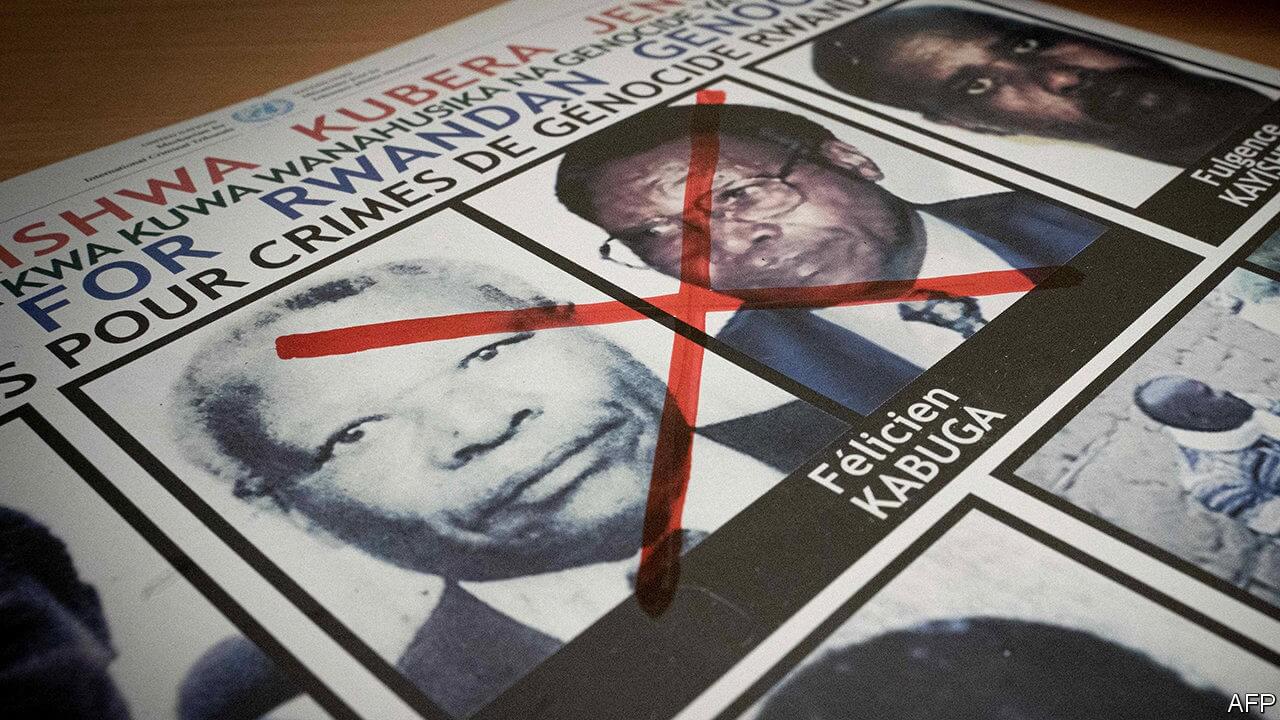
Three Rwanda Genocide Suspects Arrested In Belgium
LONDON — Three men suspected of involvement in the 1994 Rwanda genocide were arrested in Belgium this week, according to the Belgian authorities, the latest in a series of captures linked to the 100-day blood bath in which as many as one million people were killed.
A spokesman for the Belgian federal prosecutor’s office said that the men were arrested on Tuesday and Wednesday, and that two of the suspects remained in detention while the third was put under electronic surveillance.
“The investigation is still ongoing, and the prosecutor’s office will determine whether the men should face trial,” said the spokesman, Eric Van der Sypt.
He declined to provide details about the identities of the men, who were charged with serious abuse of human rights.
The arrests, which were reported by the Belgian weekly magazine Le Vif on Friday, are the latest attempts to bring justice over the genocide, in which as many as one million ethnic Tutsis and Hutus were killed.
After more than two decades on the run, Félicien Kabuga, a wealthy tycoon who was accused of financing the genocide, was arrested by the French authorities in May outside his home in a Paris suburb. Mr. Kabuga, 84, was accused of importing several hundred thousand machetes that were used during the killings and was also charged over his funding of Radio-Television Mille Collines, which incited hatred against ethnic Tutsis.
Mr. Kabuga denied the accusations, and his lawyers said he was too old to stand trial at a United Nations tribunal in Tanzania. But in late September, France’s top appeals court ruled that he should be tried at the Mechanism for International Criminal Tribunals in the Tanzanian town of Arusha.
The tribunal took over the duties of the U.N.’s International Criminal Tribunal for Rwanda, which folded in 2015, and which indicted Mr. Kabuga in 1997 on seven charges, including genocide and crimes against humanity.
Rwanda’s government has also sought to arrest and extradite those involved in the genocide. In late August, officials in Kigali wrote to the French authorities in an effort to extradite a former top spy chief, Maj. Gen. Aloys Ntiwiragabo, who is accused of crimes against humanity. He was found in July while living in the suburbs of Orléans, about 70 miles southwest of Paris.
Rwanda has also cracked down on those it accuses of denying the genocide and distorting how events unfolded in those tragic days. These include Paul Rusesabagina, the famed hotelier depicted in the movie “Hotel Rwanda” who sheltered 1,268 people during the killings.
Last month, the authorities said they had lured Mr. Rusesabagina — whom they previously accused of minimizing the gravity of the genocide — to return from abroad. He now faces 13 charges, including terrorism, complicity in kidnap and murder, and forming a rebel group, all of which he denies.
The U.N.’s Criminal Tribunal for Rwanda indicted over 90 people and tried 80 of them, according to data provided by the tribunal. Six fugitives suspected of involvement in the genocide remain on an international most-wanted list.
Since 2001, Belgium has held five trials of Rwandans accused of involvement in the genocide. In 2009, a court in Brussels sentenced a former executive of the Commercial Bank of Rwanda, Ephrem Nkezabera, to 30 years in prison for war crimes.
In December, a Brussels court for the first time found a former Rwandan official guilty of genocide. The official, Fabien Neretse, was also found guilty of war crimes and sentenced to 25 years in prison.
Elian Peltier reported from London and Abdi Latif Dahir from Nairobi, Kenya.

